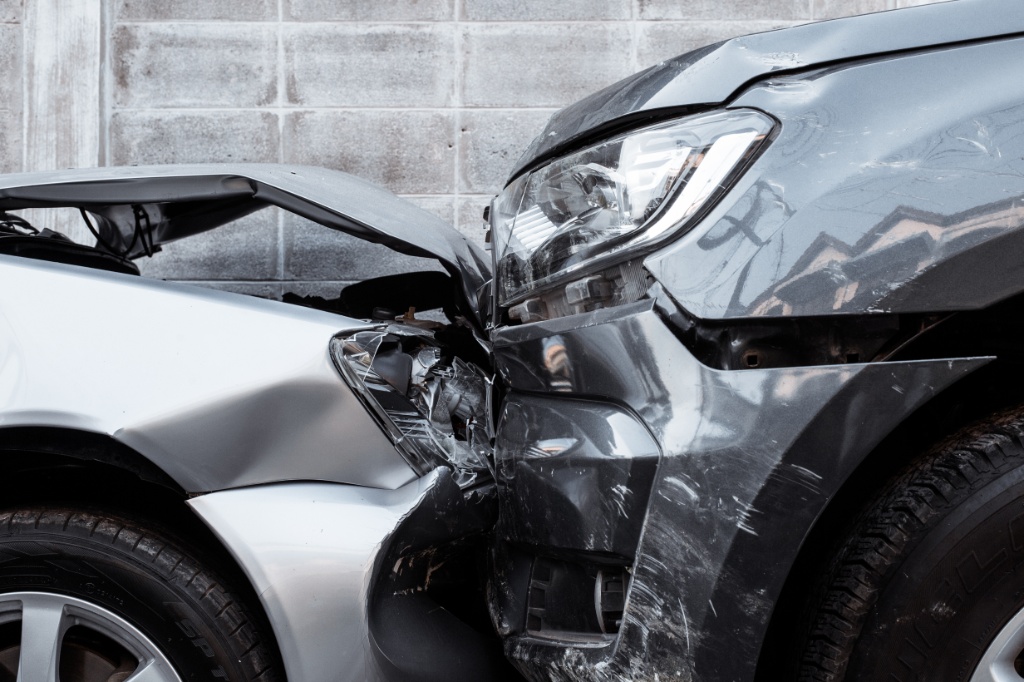Preszler Law Blog

personal injury
|
November 13, 2025
Pain and Suffering Damages Calculator for Ontario (2025): Thresholds and Deductible Explained
In Ontario, pain and suffering damages (also known as non-pecuniary or general damages) compensate for human losses that don’t appear on a tangible bill. For…

institutional abuse
|
September 5, 2025
Were You Abused by an Ontario Catholic Diocese Employee?
Sexual, physical, and psychological abuse happened at the hands of some ordained and lay staff of Roman Catholic Church and church-affiliated community organizations (such as…

car accident
|
July 21, 2025
Toronto Hit and Run
A hit and run accident in Toronto happens when a driver causes a crash and leaves the scene without stopping to provide information or help…

news
|
May 29, 2025
Smoking in Canada: The Territories That Have the Most and Least Smokers and the Effect This Has on the Public Healthcare System
New Brunswick Has Highest Smoking Rate in Canada, Study Reveals New Brunswick leads Canada with a smoking rate of 15.8%, exceeding the national average of…

car accident
|
March 19, 2025
Recognizing Concussion Signs After a Car Crash
The shock of a car crash can be overwhelming. The resulting injuries can be devastating, particularly concussions. Recently, there has been an increasing awareness of…

premises liability
|
March 19, 2025
Holiday Parties: Your Legal Obligations as a Host
Since the Supreme Court of Canada’s decision in Menow v. Jordan House LTD, 1974 SCR 239, it has been established that commercial hosts (ie bars…

airplane accident
|
February 21, 2025
Legal Options for Survivors of Delta Air Lines Flight 4819 Crash in Toronto
Survivors of the February 17, 2025 crash of Delta Air Lines Flight 4819 from Minneapolis to Toronto who were injured may be entitled to compensation…

car accident
|
July 3, 2024
Motor Vehicle Fatalities on the Rise in Canada – 2024 Data Study
Overall Findings: After three decades of decline, the number of motor vehicle fatalities in Canada went up by 6% in 2022 The number of fatalities…
Speak With Our
Legal Team for FREE
Find Out if You Have a Case in Under 5 Minutes
Speak to a Lawyer Now!
We’re here to help.
